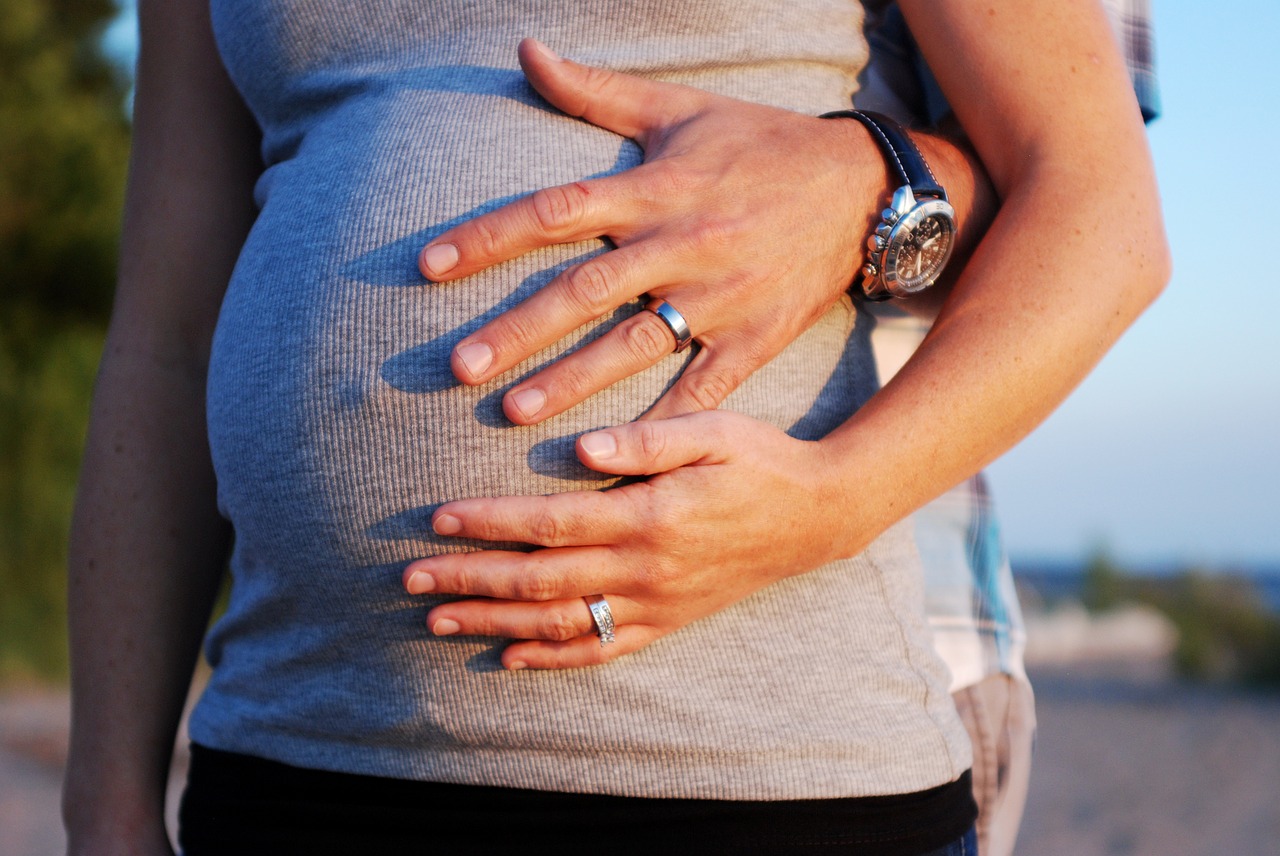Evolutionary analysis of the transition to parenthood
Principal Investigator: Sarah E. Johns
Project dates: 2006
Partners: Prof. Jay Belsky
The birth of a child is a commonplace event, yet for the two individuals who become parents it is nothing short of miraculous. This transition to parenthood is a major life event, and both the new mother and father have to adapt to the changes brought about by the responsibility of raising a child. For men and women the challenges of parenthood will differ, and the new parents’ relationship will undergo change as the demands of their new roles become apparent (Belsky and Pensky 1988, Roosa 1988). Parenthood has, therefore, the potential to change both men and women’s feelings about themselves and their relationships as they take on the important role of nurturing their children from birth into adulthood.
It is important to investigate the difficulties of the transition, why the experience of having a child is different for men and women, how the timing of the transition can be influenced by family relationships, and how the ease of transition for one generation can influence the timing of the transition in subsequent generations. We used an evolutionary understanding of the differential reproductive strategies, specifically life history event timings and investment decisions, of both men and women, in order to generate the evolutionary based hypotheses should be used to investigate the trade-offs between mating and parenting, and to provide a grounding for future research.
Publications

